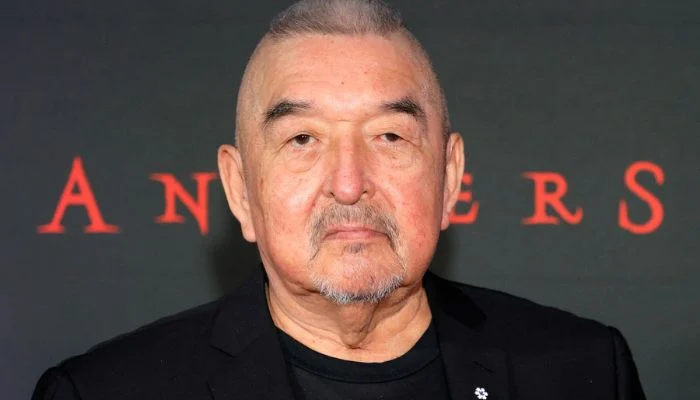Hollywood is mourning the loss of Graham Greene, the Canadian First Nations actor whose career spanned nearly five decades and left a permanent imprint on both film and television. Greene, who earned an Academy Award nomination for his iconic role as Kicking Bird in Dances With Wolves, passed away peacefully in an Ontario hospital at the age of 73 after a long illness, his representatives confirmed.
Greene’s legacy is inseparable from his reputation as a trailblazer. At a time when opportunities for Indigenous actors in Hollywood were rare, he broke through barriers, delivering performances that resonated with truth, dignity, and complexity. His unforgettable turn in Kevin Costner’s 1990 epic not only won him global recognition but also became a cultural moment, opening doors for generations of Indigenous performers who followed.
“He was a great man of morals, ethics and character and will be eternally missed,” his agent Michael Greene said in a statement. “God bless his beautiful soul.”
Born in Ontario in 1952, Greene began his career modestly with small television appearances, making his screen debut in The Great Detective in 1979. His first film role came in Running Brave in 1983, but it was Dances With Wolves that catapulted him to international acclaim. The film received 12 Academy Award nominations, winning seven, including Best Picture, while Greene’s nuanced performance earned him a Best Supporting Actor nomination.
Following that breakthrough, Greene’s career flourished. He starred in Maverick alongside Mel Gibson and Jodie Foster, Die Hard With A Vengeance with Bruce Willis and Samuel L. Jackson, and The Green Mile, the haunting prison drama headlined by Tom Hanks and Michael Clarke Duncan. Younger audiences came to know him through The Twilight Saga: New Moon, while his powerful role in Wind River showcased his ability to command the screen even in later years.
Television was another frontier where Greene made his mark. He appeared in Wolf Lake, Defiance, Marvel’s Echo, and more recently, Tulsa King and HBO’s critically acclaimed The Last of Us. His presence brought gravitas and authenticity to every project, whether in a leading role or as a supporting force.
Greene was more than an actor; he was a symbol. For Indigenous communities, he represented progress in an industry often criticized for its lack of representation. For Hollywood, he embodied professionalism, depth, and a quiet power that made every scene unforgettable.
Despite his illness, Greene remained creatively active, with several projects listed on IMDB as being in development. His passing leaves not just unfinished work, but an irreplaceable void in the film and television landscape.
He is survived by his wife, Hilary Blackmore, his daughter, Lilly Lazard-Greene, and his grandson, Talo.
Graham Greene’s career was a story of resilience and brilliance. His final curtain call may have come, but the legacy he leaves behind as a pioneer, a performer, and a voice for Indigenous actors worldwide — will continue to inspire for generations.


